The awarding of the 2034 FIFA World Cup to Saudi Arabia has sparked significant controversy, with Australia's Professional Footballers Association (PFA) highlighting human rights concerns and questioning FIFA's governance. The PFA's chief, Beau Busch, emphasized the need for FIFA and Saudi Arabia to ensure that the rights of all affected by the tournament are safeguarded, while criticizing FIFA’s track record in upholding its human rights commitments.
FIFA's decision to grant hosting rights by acclamation followed Saudi Arabia's unopposed bid, with the kingdom benefiting from strong backing within the Asian Football Confederation (AFC). However, the compressed timeline for rival bids—less than four weeks—left little room for competition, with Football Australia exploring but ultimately abandoning a potential joint bid with Indonesia.
This development has drawn criticism from various groups, including migrant workers' advocates, trade unions, and LGBTQ+ activists, who cite Saudi Arabia's human rights record as a significant concern. These critiques follow similar issues raised during Qatar's hosting of the 2022 World Cup. Australia's players had been vocal about Qatar's rights record, and Football Australia supported their stance, objecting to Saudi sponsorship of the 2023 Women's World Cup.
Despite these concerns, Football Australia, along with many football associations, ultimately supported Saudi Arabia’s bid for 2034, raising questions about the balance between ethical considerations and the geopolitical and financial dynamics influencing global sports governance.
FIFA and Saudi officials have yet to address the criticisms publicly, but the backlash underscores the need for transparency and accountability in decisions involving events of such magnitude and influence.



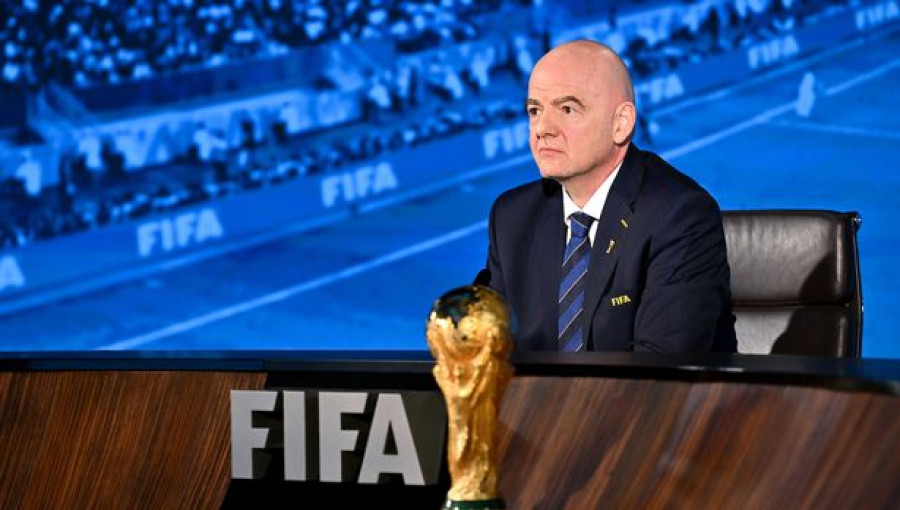

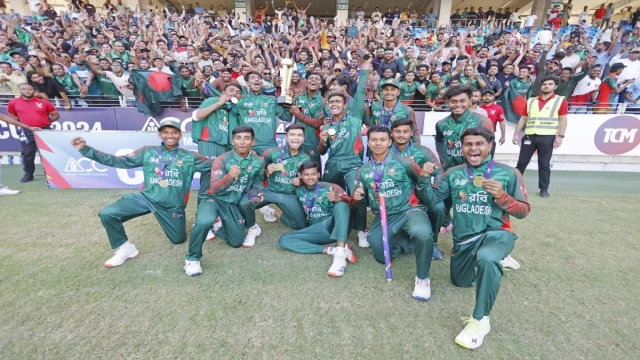

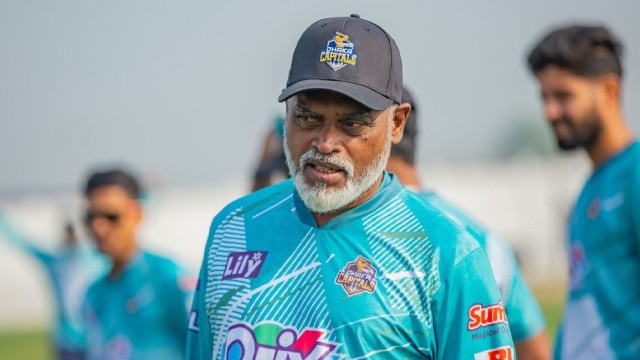




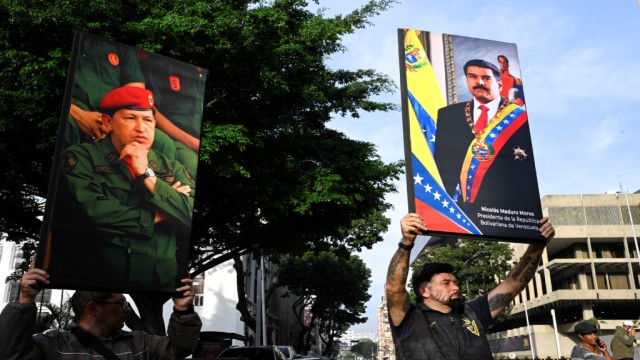
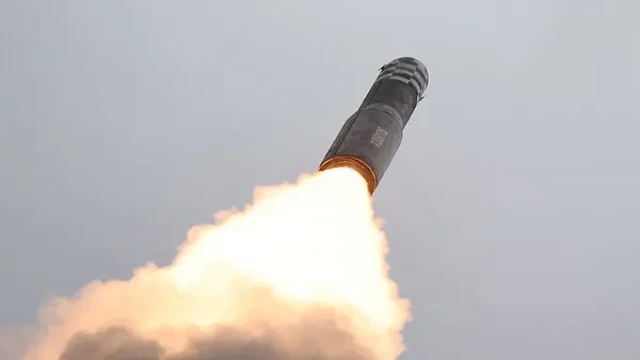
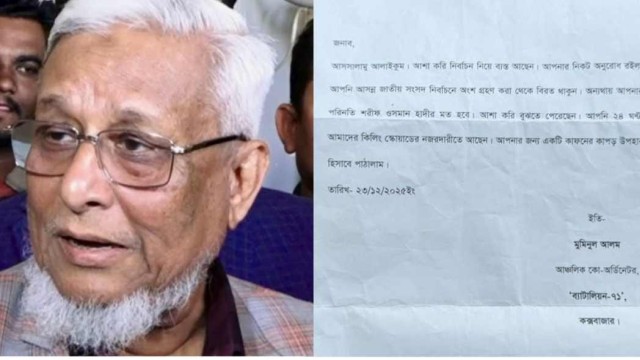
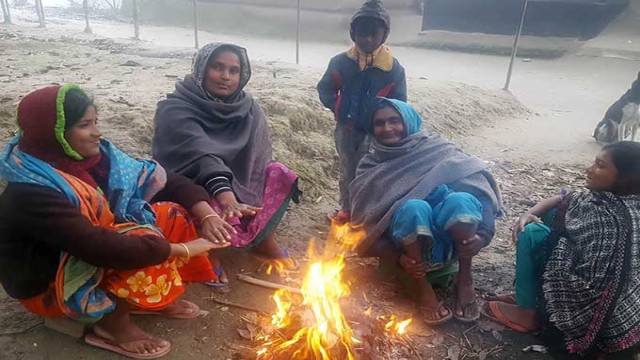
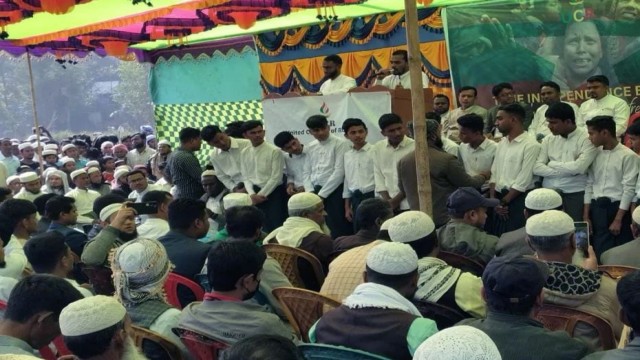
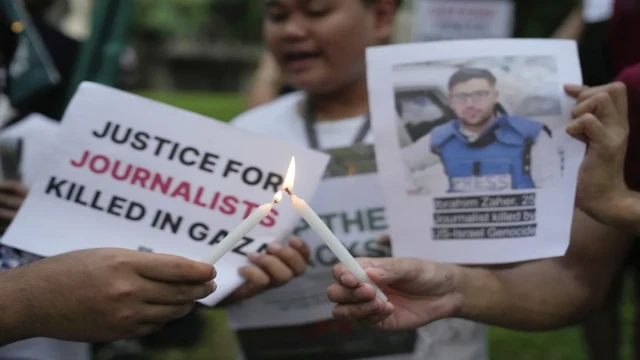




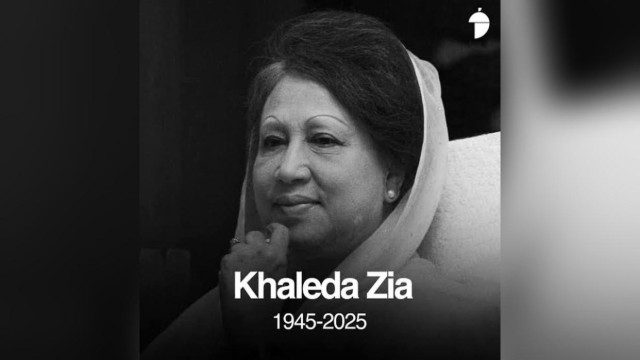





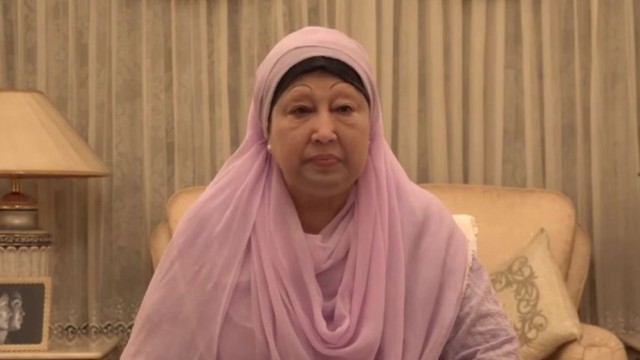
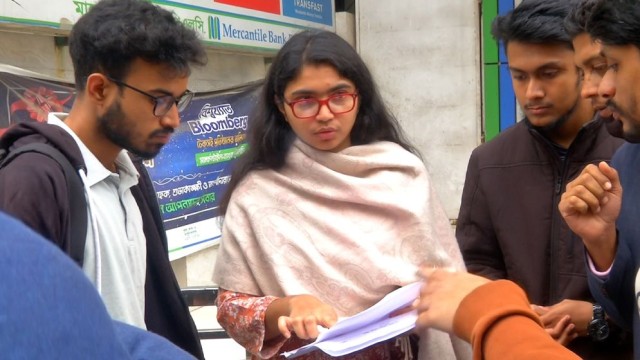

Comment: